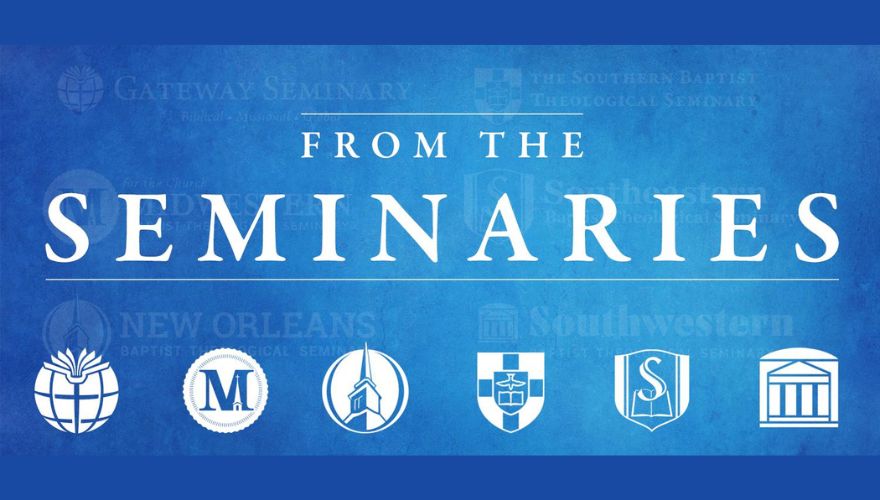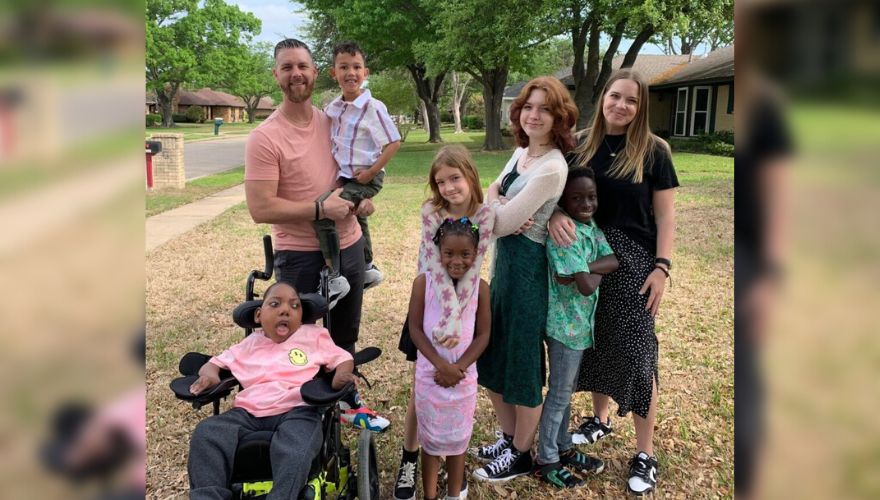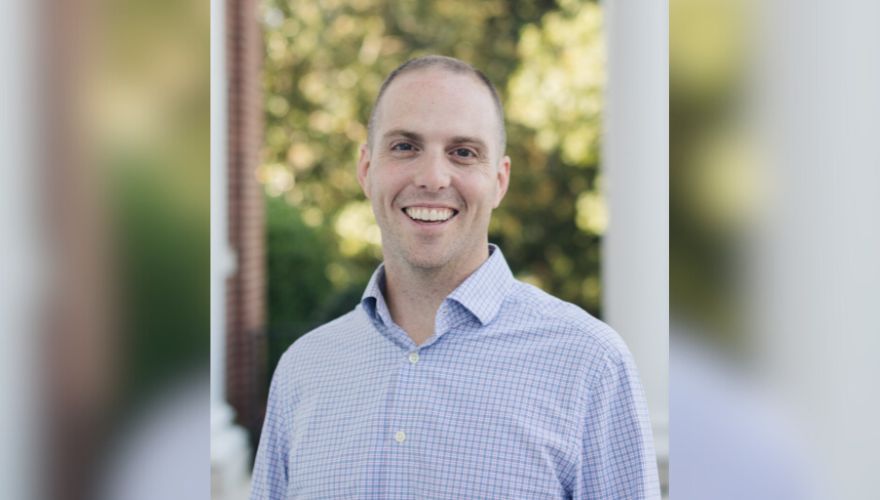
Steve McKinion named director of SEBTS PhD program
By Chad Burchett, SEBTS
WAKE FOREST, N.C. (BP) – Earlier this month, Southeastern Baptist Theological Seminary announced Steven McKinion, professor of theology and patristic studies and occupant of the John Leadley Dagg Chair of Systematic Theology at Southeastern, as the new director of its PhD program. McKinion, who has taught at Southeastern for more than 25 years, brings to the role a vision for advanced research and scholarship in service to the Great Commission.
SEBTS President Danny Akin said McKinion faithfully embodies the ethos of the seminary and its Great Commission approach to theological education.
“I know Dr. McKinion will serve our PhD students well,” Akin said, “because he combines a personal commitment to excellence in scholarship with a passion for local church ministry and the mission of Southeastern.
“I am delighted that he will be serving as the director of our PhD program. He is a wonderful colleague, a beloved professor, and an excellent scholar who loves Southeastern and has served our school faithfully for more than 25 years.”
A local church pastor and longtime professor, McKinion has distinguished himself as a respected scholar who is deeply invested in the local church and passionate about making disciples. For McKinion, the new role is an exciting opportunity to continue that investment by equipping students as scholars who will serve the Church and its mission.
“I am especially excited to work with faculty to equip students to be scholars who serve the local church,” McKinion said. “The Southeastern PhD program is a community of scholars researching and writing to shape ministers for the good of the Church. The Church deserves pastors, teachers, and missionaries who think deeply about the things of God, write convincingly about the faith, and teach others the great truths of the Gospel.”
SWBTS Gospel-Centered Counseling Conference focuses on grief, suffering
By Karen Garcia, SWBTS
FORT WORTH (BP) – In dealing with people who are grieving, a pastor must study two books: the Bible, and “the book of the human heart,” Ed Welch said, adding they must know people nearly as well as they know Scripture.
Welch, a faculty member and counselor at the Christian Counseling & Educational Foundation (CCEF), spoke at the Southwestern Baptist Theological Seminary Gospel-Centered Counseling Conference held April 4-5 on the Fort Worth campus. The conference focused on using biblical principles to help those who are grieving or suffering.
The first night of the conference focused on theology. Lilly Park, associate professor of biblical counseling in the Jack D. Terry School of Educational Ministries at Southwestern, told attendees that people don’t hear enough about theology, so they turn to other things when suffering. Park organized the conference, which was offered to students, pastors, church leaders, and counselors.
Welch and Stuart Scott, executive director of One-Eighty Ministries, spoke during the event’s plenary sessions and in a panel discussion moderated by Park. The conference also included what Scott called “a biblical theology of suffering” presented by Stephen Yuille, professor of church history and spiritual formation in the School of Theology at Southwestern.
Scott spoke of the paradox of “both and,” explaining biblical examples of being both sorrowful and rejoicing as in John 16:22. Based on passages from Paul’s letters to the Thessalonians, he said it takes trust that events in people’s lives are ordained by God and that the best of times can be in the worst of times.
Scott said that when he was going through difficulties, some people would offer counseling right away. One friend, however, simply noted that it was a hard time, which Scott said was “the best thing he could’ve said.” If believers immediately go to, “Well, God is sovereign,” the statement is true, but it’s not always comforting, he said.
During the panel discussion, Park asked each speaker to share his testimony. She also noted that counseling can be hard on the counselor as well and asked how they persevere. Welch said it can be difficult to talk to people whose lives have been wrecked yet they still refuse to turn to Christ. However, he said, “I am honored to care for people.”
Scott replied that if God is leading you into a place of counseling, He will give you the grace to do it. Prayer is “a really big component” of caring for others, he added.
Welch spoke during the closing session, noting that every grieving person hears hurtful and thoughtless words, noting that it can change their lives and will change the body of Christ as they pull away from the church.
“From my perspective, we don’t seem to be gaining ground,” he said, adding that people seem to have come out of the COVID-19 pandemic with fewer interpersonal skills. He noted that any sentence that begins with “At least” – as in, “At least her suffering is over,” – is “something you’ll have to ask forgiveness for.”


